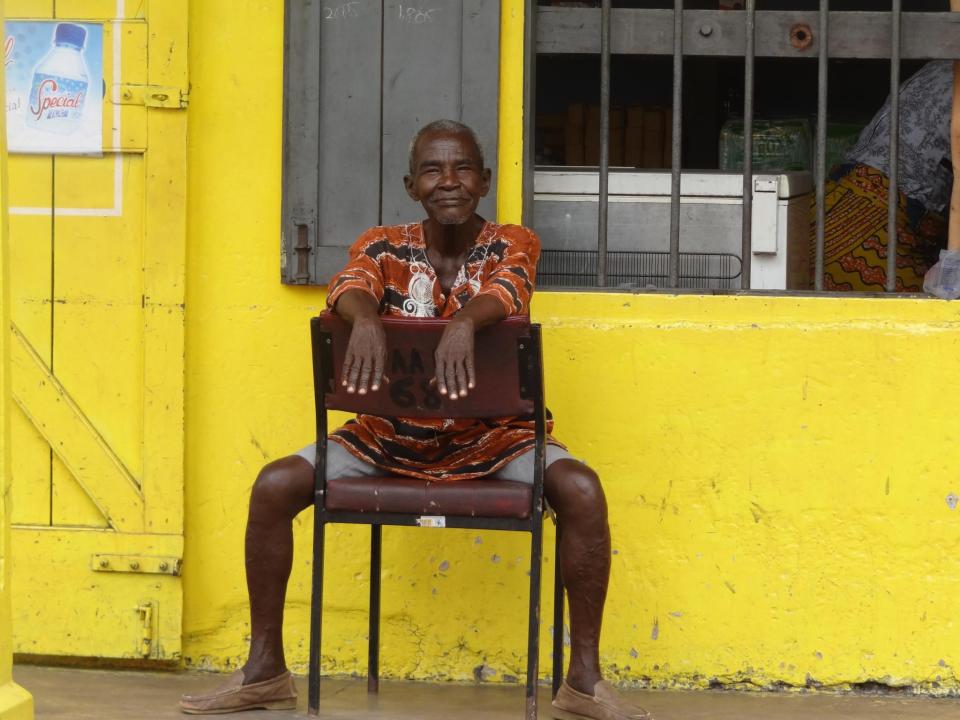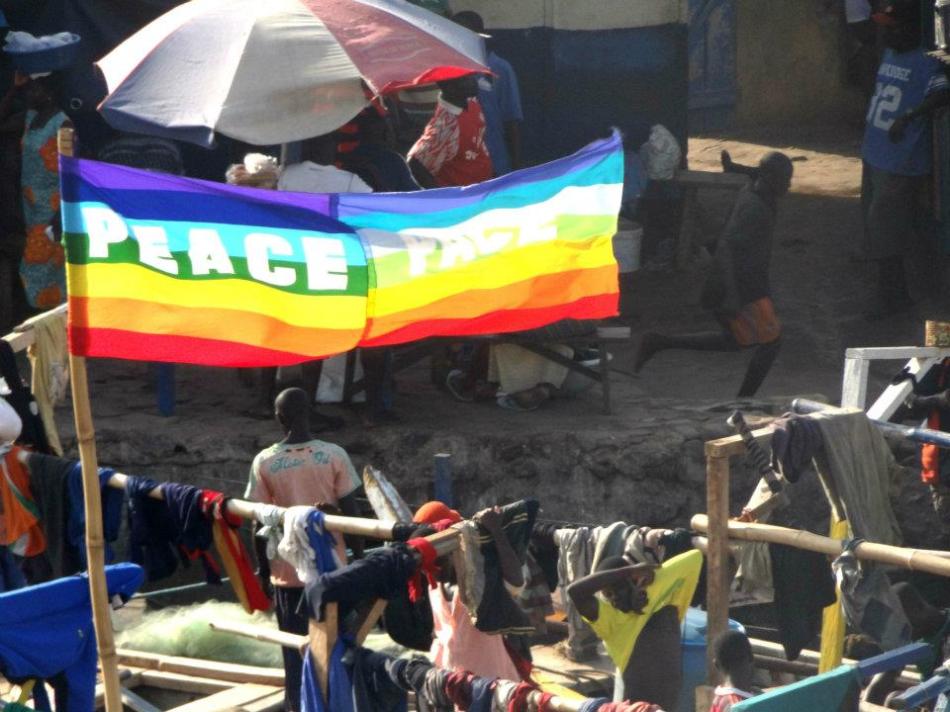“Last time I saw you, you looked like apocalypse
Hell and then Genesis combined
Last time I saw you, you were stripping me of
Anything and anyone that was mine
See that’s how I remember you
That’s how I remember you
So please forgive me if
I never call you home again
So please forgive me
If I never call you home again” ~~Corneille: I’ll Never Call you Home Again
Yesterday I attended a conference where we met this year’s fellows from the Mandela Young African Leadership Initiative (YALI). The hot topic of course was discussing how to build and maintain a bridge between the diaspora and residents of the homeland, to leverage a superpower allowing us to build greatness in our countries. One of fellows raised the concern that those living on the continent had been let down by the diaspora. According to him, he along with many others had also studied abroad and could have remained outside; but they returned home willingly to be changemakers in the “Africa is Rising” storyline. Yet many still remain in the diaspora, with no plans of returning home.
While I understood his opinion, this concerned me because “Africa is Rising, so return home” is the new single story we are pushing out; Understandably, it is due to a shared weariness of the tired trope of the dark hopeless continent. Still we must make sure that in our attempt to present a more positive light of Africa, we don’t erase the very true experiences of people who have no intention of returning home. Their experiences are just as valid and must have a place at the table where we all discuss our relationship with the motherland.
Corneille is a Rwandan singer who was the sole survivor after he witnessed his entire family being massacred in front of him while he was hidden under a couch. This experience was and remains an ever present theme in his music through all his albums. In 2007 he penned a song called “I’ll never call you home again”, in which he writes about his painful relationship with his country. The last memory he had of his country was only of rivers reddened by blood, and bodies everywhere including his own family’s. So for him, Rwanda does not summon feelings to warm nostalgia and call to return home. Not if it means going back to places that trigger the pain of losing your entire family all at once.
Corneille received a lot of backlash for this song, but I know that it speaks to many Africans who have left home and never intend to return even if abroad, they earned big success whether through conventional education path or entrepreneurship. Of course not all of them are refugees of civil war, but many still do not hold a warm memory of their country if all they knew while there, was extreme poverty and feeling like upward social mobility was an impossible feat. For them, moving abroad was the lifeline they desperately needed and they have no intention of returning. We must honor those vantage points and not suffocate them with stories of a budding Africa whose rise might only be felt by folks of a wealthier socio-economic status.
For many Africans, this nostalgic patriotism is a luxury they do not have, do not wish to have, cannot afford to have. They do not hold this same warmth that many of us might have when we recall our time back home. Their memories might be weaved of nothing but heartbreak, great loss, scarcity and hardships. Their countries might have failed them in their pursuit of happiness, as they had aspirations of living beyond mere survival that the socio-economic ecosystem was not nurturing. Most certainly, this is the story line that we are trying to bury deep and erase through hashtags like #SomeoneTellCnn, #TheAfricaTheyNeverShowYou, or #AfricaIsRising, for we believe we are well intentioned in wanting to reshape our beloved home’s public image. Sometimes even when we do speak of the challenges of the continent, we of the diaspora often place ourselves as the messiahs of our homeland therefore perpetrating the savior complex often attributed to western foreigners. As Emma Dabiri notes in her article “Why I am Not an Afropolitan”,

“The problem is not that Afropolitans are privileged per se — rather it is that at a time when poverty remains endemic for millions, the narratives of a privileged few telling us how great everything is, how much opportunity and potential is available may drown out the voices of a majority who remain denied basic life chances.”
In our effort to change the single story are we going to just replace one with the other, and therefore erasing the very true experiences of those who carry a complicated relationship with the motherland? How to do we rebuild an image that presents Africans as resilient, empowered and innovative while still presenting a nuanced, complex storyline in which the rise may not be the case for everyone? A storyline in which the nostalgic patriotism may not be a sentiment shared by every African?

“When we reject the single story, when we realize that there is never a single story about any place, we regain a kind of paradise” ~ Chimamanda Ngozi Adichie
(photo credit:TED.com)


